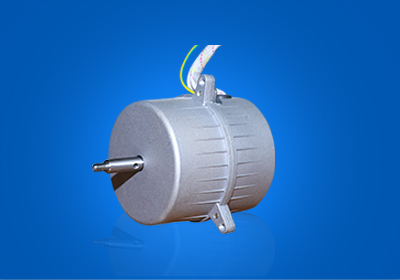1. Higher insulation grade requirements
Generally, the insulation class of the variable frequency motor is class F or higher. Strengthen the insulation to the ground and the insulation of the turns. In particular, the ability of the insulation to withstand impulse voltage must be considered.
2. The vibration and noise requirements of the inverter motor are higher
The variable frequency motor must fully consider the rigidity of the motor components and the whole, and strive to increase its natural frequency to avoid resonance with each force wave.
3. Different cooling methods for inverter motor
The frequency conversion motor generally adopts forced ventilation cooling, that is, the main motor cooling fan is driven by an independent motor.

4. Different protective measures
Bearing insulation measures should be adopted for variable frequency motors with a capacity exceeding 160KW. The main reason is that the asymmetry of the magnetic circuit is likely to occur, and the shaft current will also be generated. When the currents generated by other high-frequency components are combined, the shaft current will greatly increase, resulting in damage to the bearing, so insulation measures are generally taken. For constant power frequency conversion motors, when the speed exceeds 3000 / min, special high temperature resistant grease should be used to compensate for the increase in bearing temperature.
5. Different cooling system
The variable frequency motor cooling fan is powered by an independent power supply to ensure continuous cooling capacity.